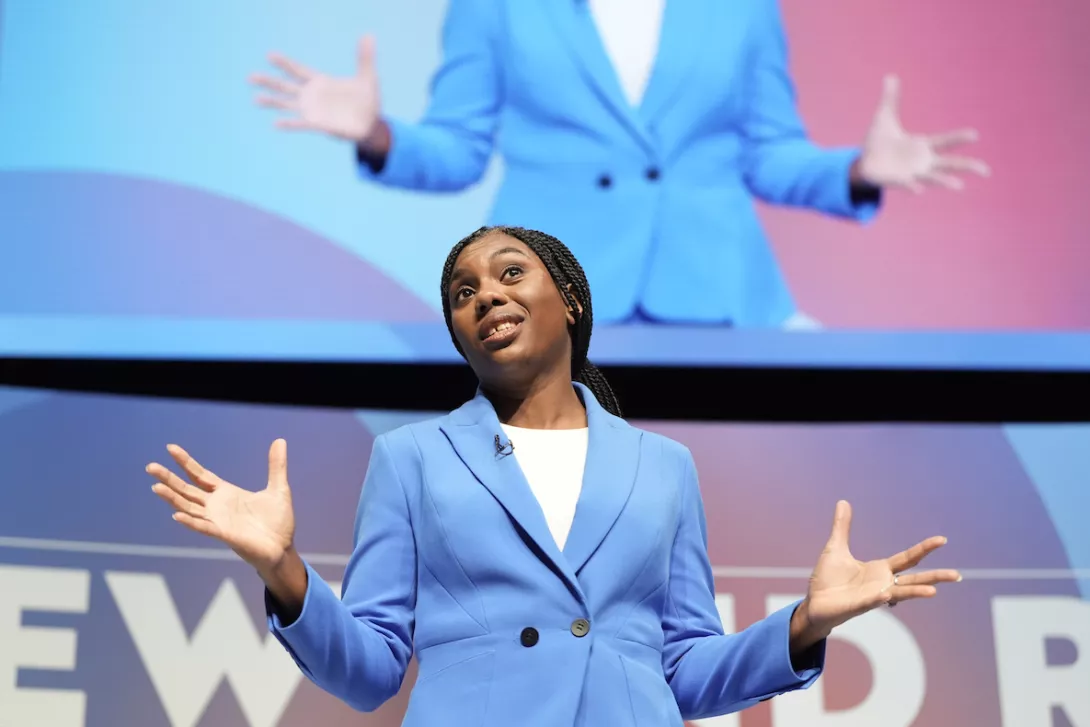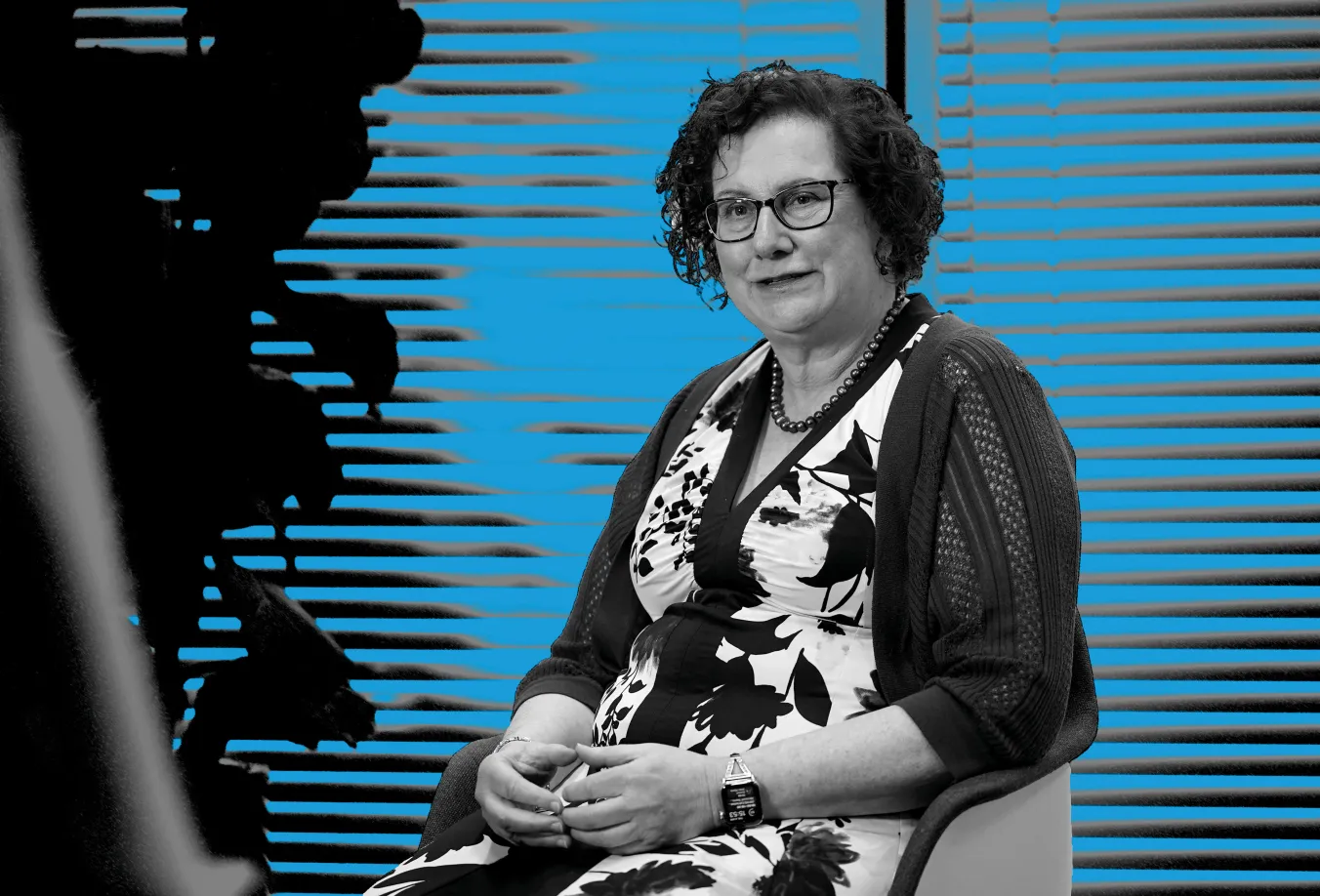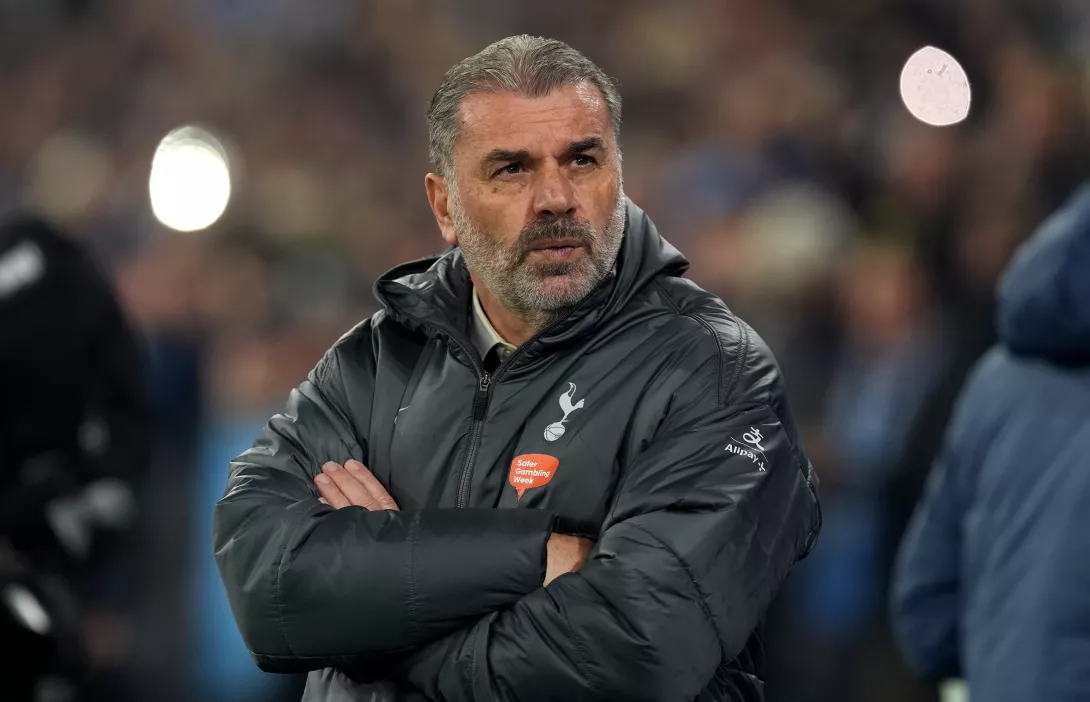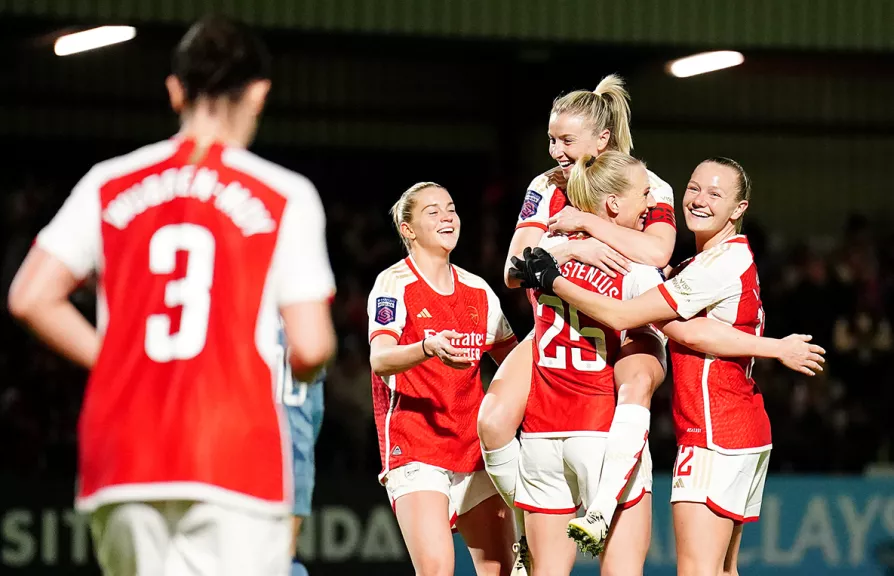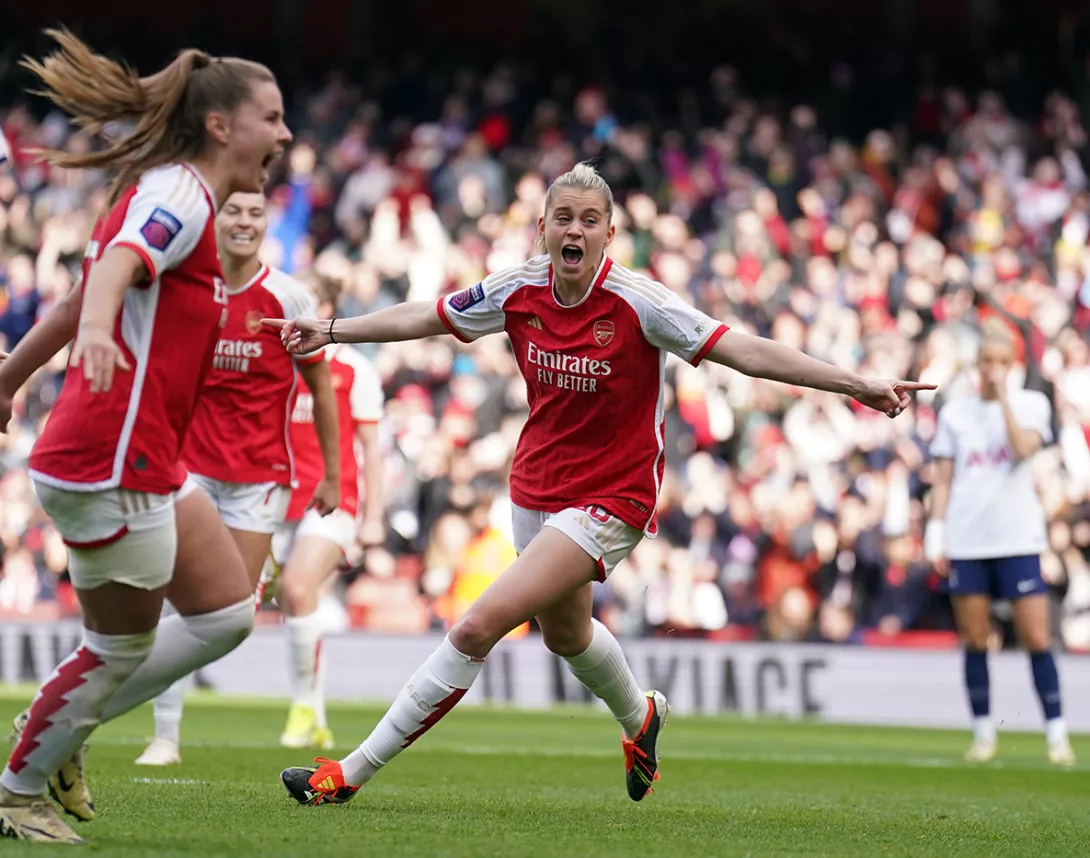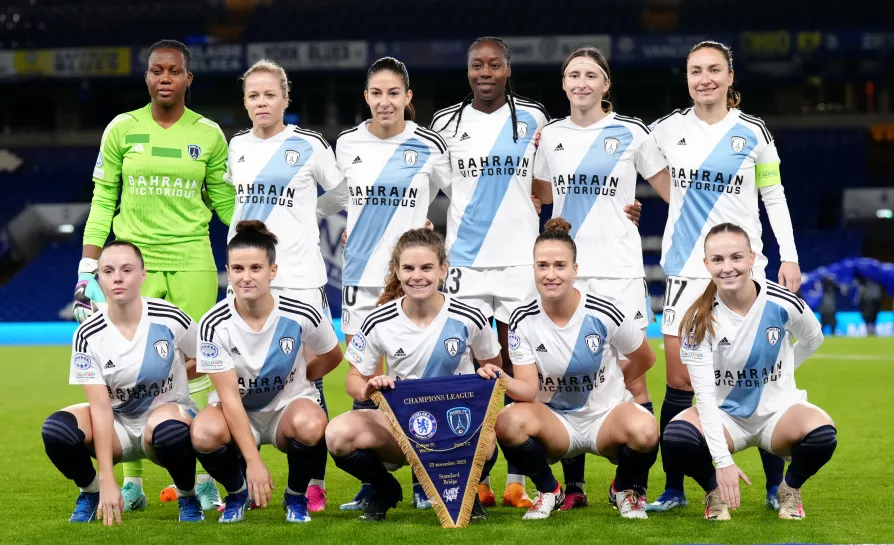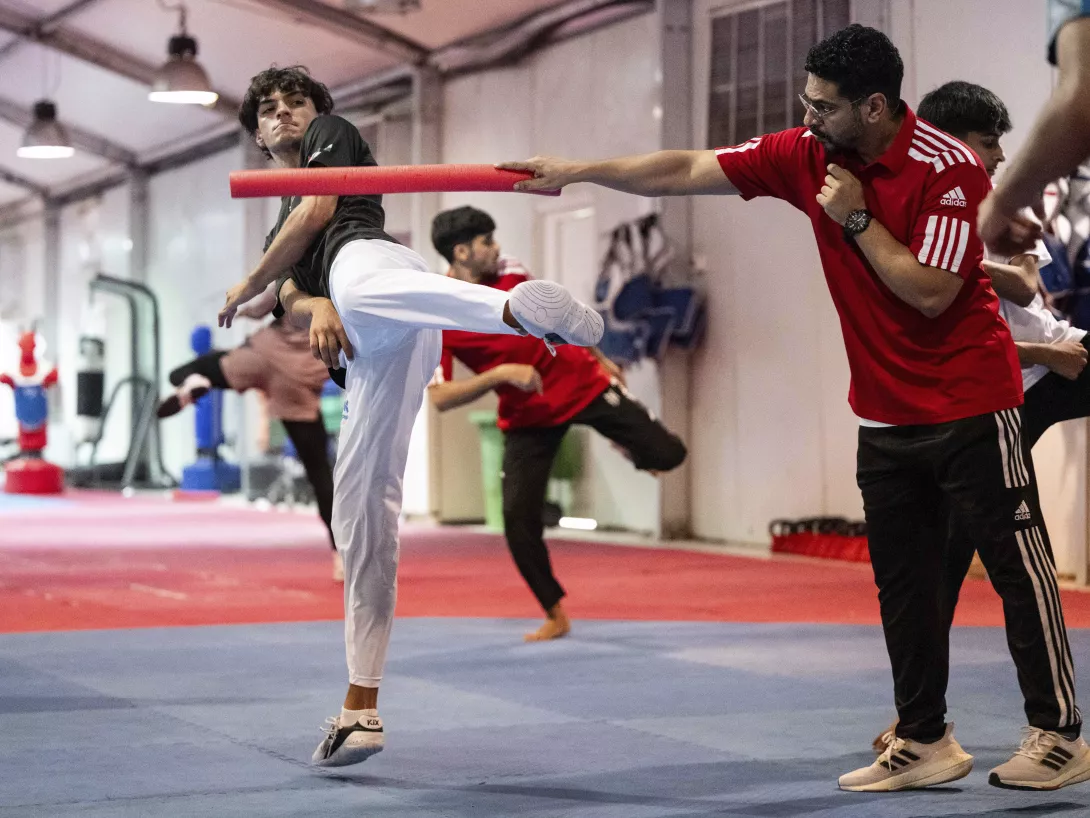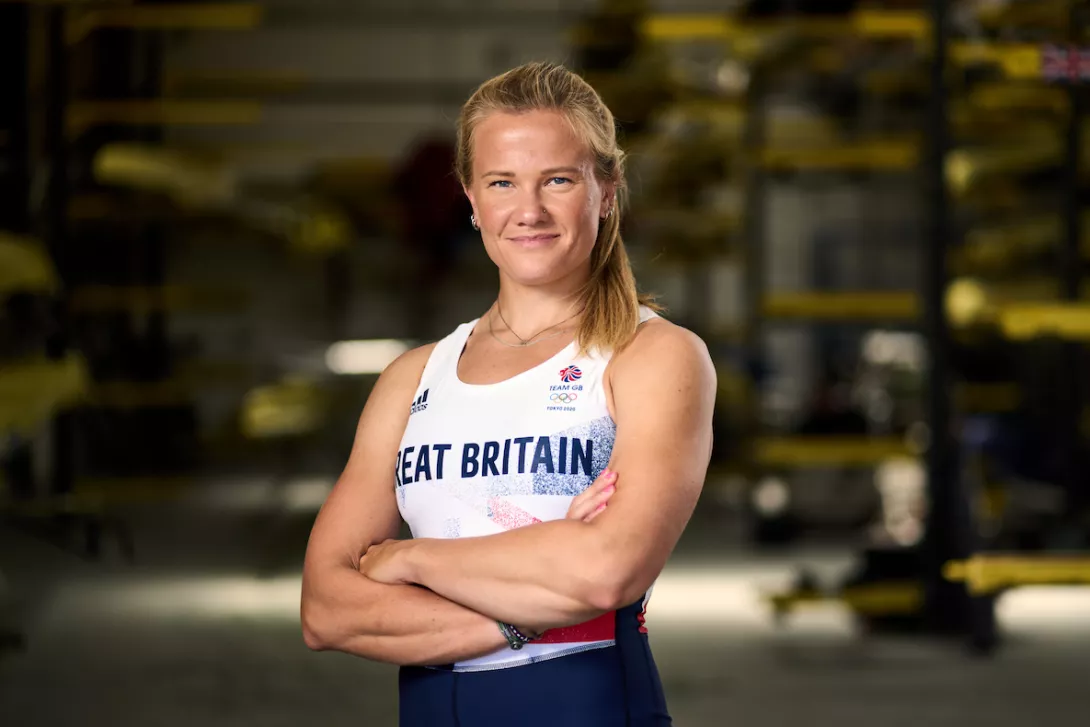
FORMER Olympic rower Caragh McMurtry is tired of neurodiverse athletes being treated like problems that need solving.
Neurodiversity comprises a range of diagnoses including autism, ADHD, dyslexia and dyspraxia, sometimes in combination, and embraces the notion that while people naturally experience different ways of thinking, learning and behaving, none are “right,” though some may be more “neurotypical.”
McMurtry, who endured her own long and difficult journey to an autism diagnosis after initially being misdiagnosed with bipolar II, last year founded Neurodiverse Sport, a not-for-profit organisation aiming to challenge stigma, educate and inspire more inclusive practice across the sporting sector.
The 32-year-old told the PA news agency: “In elite sport or sport in general, you’ll have a lot of neurodivergent people, but it’s probably the sector that is talked about the least.
“It’s all about coming across strong, and because there’s this misconception about neurodiversity, and that it’s purely a deficit all round, that’s why people don’t want to disclose.
“Even though they’re surrounded by other people who are also different, and extreme, they will feel like the most lonely people in the world. And that’s the huge irony.
“There are always really well-meaning people, but there are still a good chunk of coaches who see different behaviour as difficult, problematic, they just want a solution for that behaviour.”
Since launching Neurodiverse Sport, McMurtry says she has been flooded with messages from elite athletes, like: “I don’t feel confident enough to talk to my coaches about it, because I don’t want to be judged or my capabilities judged, but it really helps to know that I am not alone.”
The fear of judgement, or worse, is a legitimate one, with outdated and inaccurate misconceptions that might not just affect an athlete’s reputation or relationships, but potentially even risk their livelihood.
While each individual is different, an autistic athlete might, for instance, struggle more than a neurotypical team-mate with indirect communication styles, overstimulating or unfamiliar environments, social obligations, sudden changes in routine, or even something as basic as the texture or flavour of whatever food is being served to them.
A landmark 2019 Manchester Employment Tribunal ruling concluded that funded elite athletes in Britain are not employees of their respective governing bodies, and thus not subject to employment law which covers things like unfair dismissal.
That means, suggests McMurtry, a neurodiverse athlete who might well thrive in a situation better adapted to their needs might instead fear reprisals or being dropped from a team simply because their differences, or reactions to non-inclusive environments, are seen as “difficult,” while the onus is on the already under-pressure elite athletes to both educate and advocate for their own needs.
Meanwhile, positive traits commonly associated with diagnoses under the neurodiversity umbrella go undervalued or unharnessed.
Yet when given the right tools, neurodiverse athletes are perfectly capable of thriving. Swimmer Michael Phelps and gymnast Simone Biles were both diagnosed with ADHD and widely considered the greatest-ever athletes in their respective sports.
McMurtry, who retired from international rowing after competing for Great Britain in the women’s eight at Tokyo 2020, would like to see more formal changes in policy that would offer protections for both neurodiverse athletes and staff, allowing them to feel safe disclosing their diagnoses while offering a clear path to inclusion and support, recognising every person’s unique needs.

